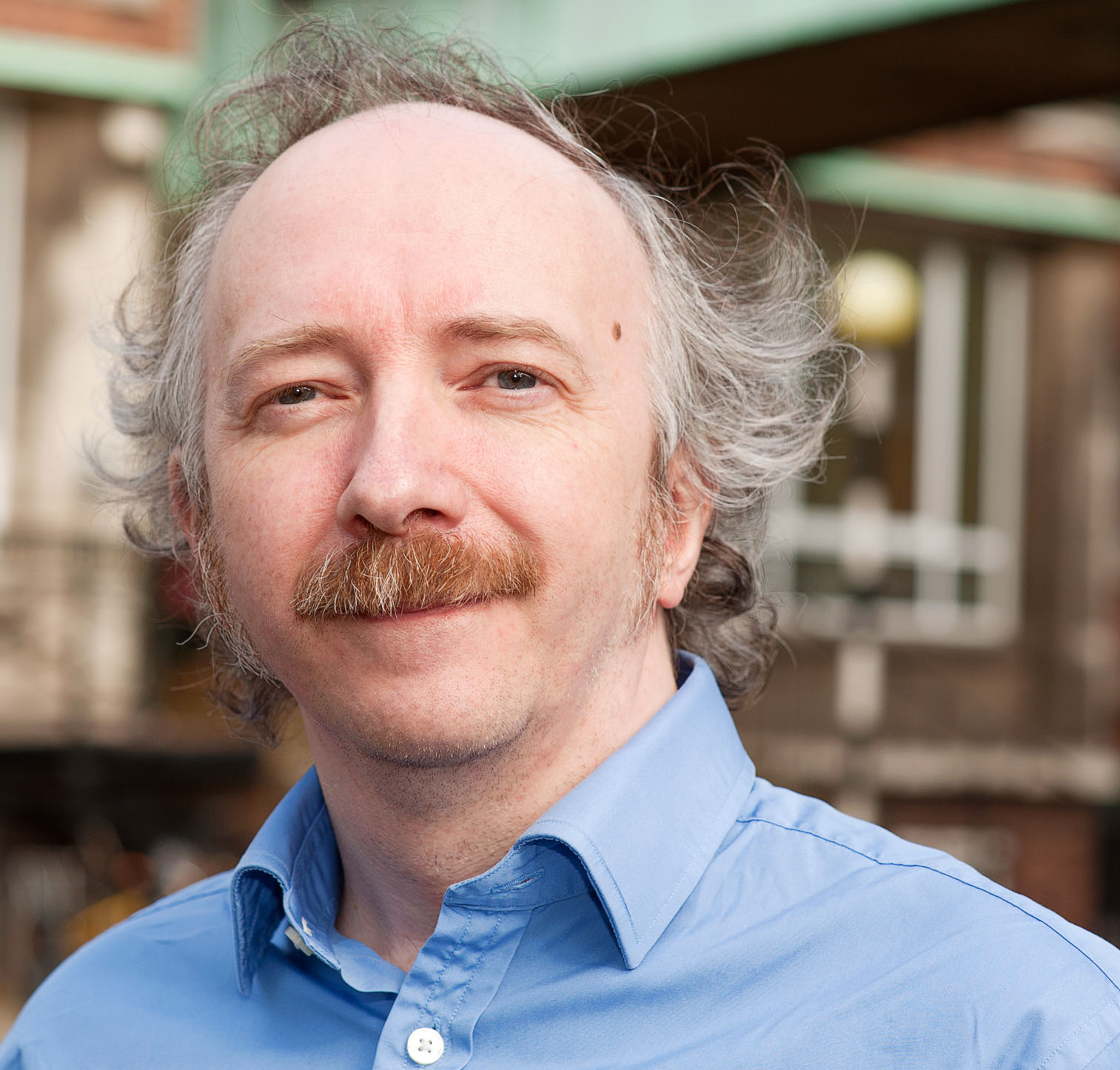Around the world and across disciplines, researchers have turned their attention to covid-19, but we need to ensure this effort is a help rather than a hindrance, says Mike Clarke
 As clinicians try to help patients with covid-19, as well as people with other conditions who are facing services that are seriously depleted, I am one of those on the much less challenging research frontline. We are trying to do what we can to help those colleagues and their patients by providing evidence. However, as in any humanitarian crisis, simply doing something is not enough.
As clinicians try to help patients with covid-19, as well as people with other conditions who are facing services that are seriously depleted, I am one of those on the much less challenging research frontline. We are trying to do what we can to help those colleagues and their patients by providing evidence. However, as in any humanitarian crisis, simply doing something is not enough.
Research on covid-19 needs to be effective, efficient, and a help rather than a hindrance to clinicians, patients, and policy makers. It is also important that this investment of time, money, and staff into the covid-19 response is not at the expense of other critical research needs now and in the future.
At the moment, the proliferation of repositories and portals trying to point people to new trials and systematic reviews feels rather like chaos, with good ones potentially being drowned out by those that are weak or just downright rubbish. In a recent conference call I was on, clinician Ian Sinha said, “everyone with a computer and online access seems to be creating a portal to the trials or reviews, or writing a guideline.”
With the best of intentions, many researchers have rushed to do things on covid-19, including designing and starting new studies and rapid reviews. However, this is likely to lead to multiple rapid reviews of the same topic appearing weekly by the end of this month. Much of this will be wasteful and will swamp those people who are trying to sift through and keep up with this literature so that they can use it to inform decision making and policies.
What I envisage for much of this new output is that the research will be the equivalent of the boxes of useless aid supplies that end up rotting away on runways and in warehouses after large scale disasters and humanitarian emergencies, because they arrived too late. Research on covid-19 that begins now but provides findings long after the need is over will have been a waste of money, time, and personnel that could have been better used on other things.
Furthermore, the focus of some reviewers and others doing evidence synthesis has been on the emerging research we have for covid-19, rather than using what is already available that might provide useful information for people making decisions about the disease and its effects. One organisation I work with, EvidenceAid.org, is trying to address this oversight by ensuring that evidence from relevant, past research gets its place alongside the reviews of the newest studies.
We also need to consider how much of the current tunnel vision around covid-19 risks neglecting other research needs. Journals and other repositories of information are rightly providing access to guidelines and research that are specific to this virus. However, this pandemic is impacting other areas of health and social care that are being depleted as resources are redeployed to covid-19. We need to also provide access to evidence that will help people with these spillover effects.
Finally, we need working groups, which are bracketed from work on covid-19, to plan the research that will be needed to cope with the long term crisis that will hit health and social care in the UK and globally after the worst of the covid-19 pandemic is over. The response to covid-19 is depleting other health and social care services and hammering the economy, so we cannot ignore the urgency of this undertaking.
After the financial crisis a decade ago, Muir Gray would tell clinicians and researchers: “there is no more money and even if there is more money, there are no more staff.” I worry that we will emerge from this pandemic with these words truer than ever. This will be the case not only for many aspects of health and social care, but also for the research landscape. If these leapfrog research groups are set up now, we will be in a better position to get “ahead of the curve,” and face the struggles of the future (i.e. months from now) and not—to use a phrase of New York’s Governor Cuomo as the situation worsened there—the battles of yesterday.
Mike Clarke is director of the Northern Ireland Methodology Hub at Queen’s University Belfast in the UK, director of the Northern Ireland Clinical Trials Unit, and coordinating editor of the Cochrane Methodology Review Group. Mike was one of the founders of Evidence Aid after the 2004 Indian Ocean Tsunami. The initiative aims to improve access to research that is relevant to disasters and humanitarian emergencies. He is now its research director.
Declaration of interest: I am research director and chair of the board of trustees for Evidence Aid. I receive no payment for these roles. I seek funding to support the work of Evidence Aid and as a salaried academic to support health and social care research.
